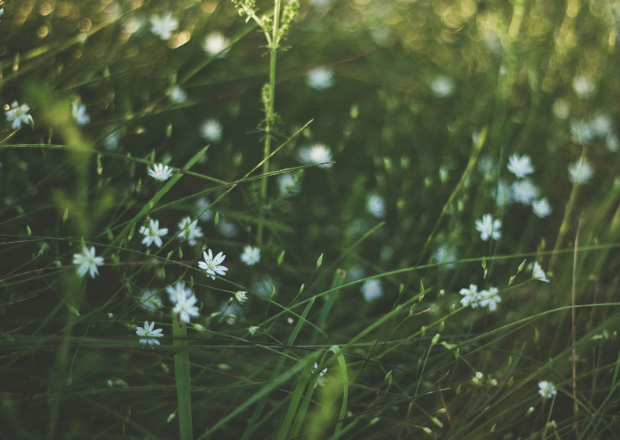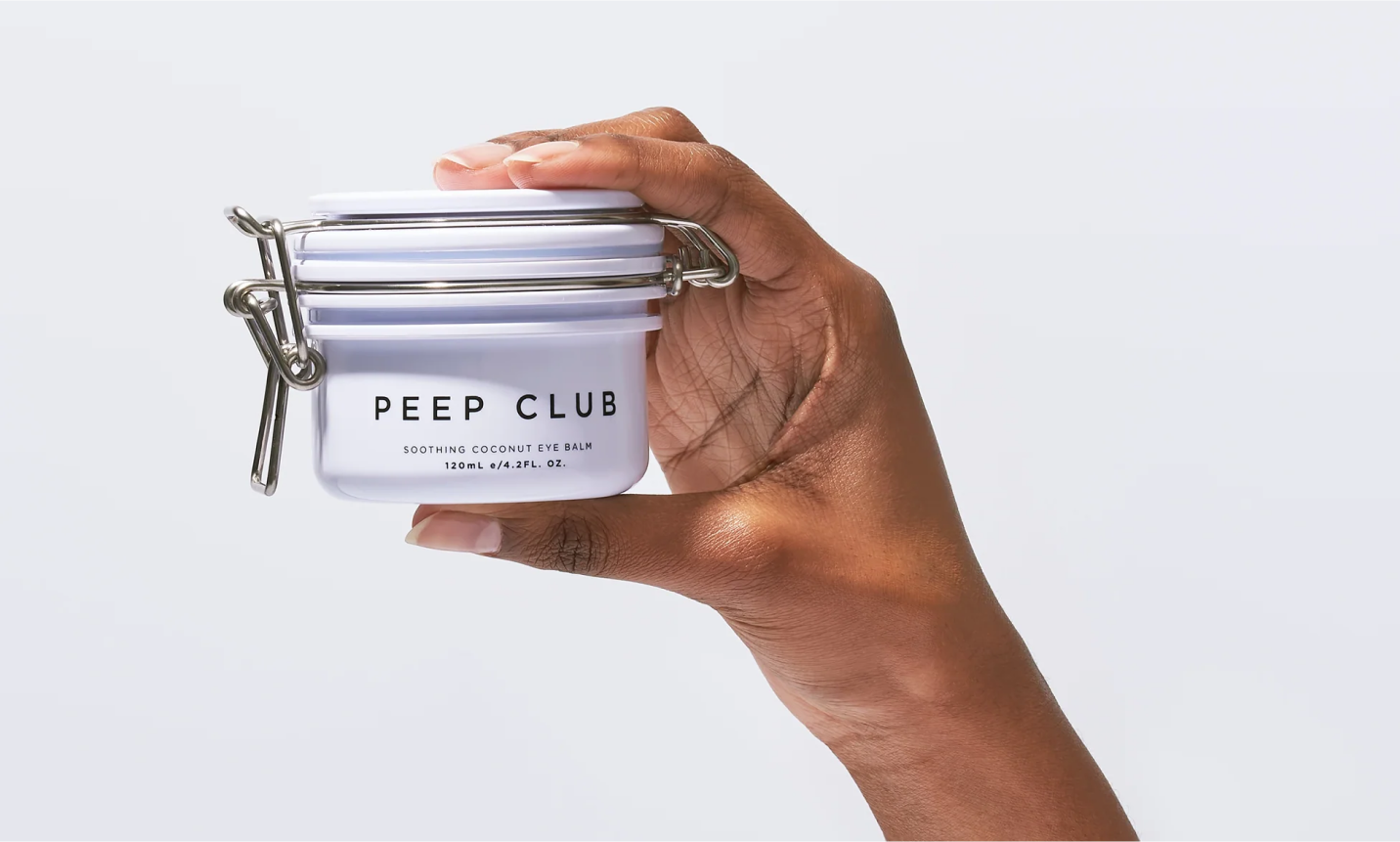
How to Help Dry Eyes This Allergy Season
Eyes are especially vulnerable to hay fever during spring and summer. Learn how to manage allergy eyes, reduce irritation, and keep your vision clear and comfortable.
Eyes are especially vulnerable to hay fever during spring and summer months, leading to allergy eyes and uncomfortable symptoms like itching, watering, redness, and general irritation. If allergies are causing dry eyes, here are 5 simple tips to help manage hay fever eye symptoms and relieve spring eye irritation:
-
Start your day with a protective spray or drops: Using a preservative-free product such as our Instant Relief Eye Spray creates an extra barrier against pollen and other allergens. This gentle spray can safely be used throughout the day -even over makeup and with contact lenses - to quickly soothe irritation. The National Eye Institute discusses choosing eye drops, including preservative-free options.
-
Clean your eyelashes regularly: Pollen easily gets trapped in your eyelashes. Gently cleansing them once or twice throughout the day can significantly reduce eye irritation. Apply a few sprays of Instant Relief Eye Spray or preservative-free eye drops onto a cotton pad or tissue, and gently wipe your lashes clean. The American Academy of Ophthalmology recommends eyelid hygiene as a key part of managing allergy-related irritation, particularly for conditions like blepharitis. This involves daily washing of the eyelashes with diluted baby shampoo and warm water, and other measures to keep the eyelids, skin, and hair clean.
-
Don't rub your eyes: Rubbing your eyes might seem to offer temporary relief, but it actually releases more histamines - the compounds responsible for hay fever symptoms - and worsens irritation. Additionally, rubbing is tough on the delicate skin around your eyes. Harvard Health explains how eye rubbing can worsen symptoms.
-
Use cool compresses: Think cool instead of warm when managing allergy symptoms. Applying cool compresses or taking cool showers helps soothe irritation and inflammation. Avoid excess heat, which can dilate blood vessels and aggravate hay fever symptoms.
-
Protect your eyes outdoors: If staying indoors isn't practical, wearing large or wraparound sunglasses can effectively block pollen and other allergens from reaching your eyes, reducing allergy-related discomfort. Remember to cleanse your eyelids afterward to remove any pollen when you're able to.
Enjoy Clearer, More Comfortable Eyes
By incorporating these simple strategies - protective eye sprays or drops, regular cleansing, cool compresses, and protective eyewear - you can significantly reduce allergy eyes and comfortably enjoy all that spring and summer have to offer. Stay proactive and keep your eyes feeling refreshed and healthy all season long.
FAQs
Q: Can allergies cause dry eyes?
A: Yes. Allergies can cause inflammation that interferes with normal tear production and drainage, often making eyes feel dry and irritated.
Q: What is the best way to remove pollen from around the eyes?
A: Gently cleansing the eyelid area with a preservative-free spray or soft cotton pad can help lift away pollen and reduce symptoms.
Q: Are antihistamine eye drops good for allergy eyes?
A: They can help, but some contain preservatives that may worsen dryness if used too frequently. Look for preservative-free options where possible.
Q: Can I still wear contact lenses during allergy season?
A: Yes, but switching to daily disposable lenses or wearing glasses on high-pollen days may offer better comfort and reduce irritation.

